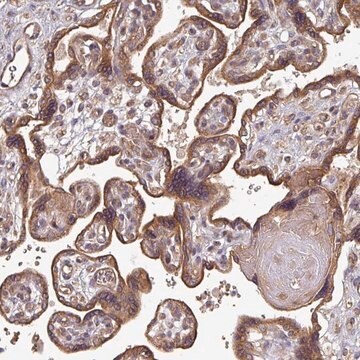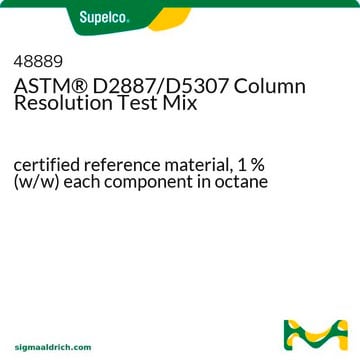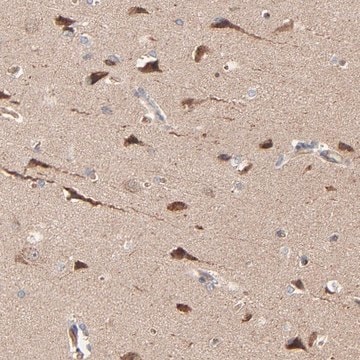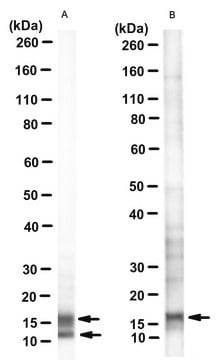E8406
Anti-Parvalbumin Antibody
rabbit polyclonal
Synonym(s):
Anti-EDEM, Anti-ER degradation enhancer, mannosidase alpha-like 1
About This Item
Recommended Products
product name
Anti-EDEM1 antibody produced in rabbit, affinity isolated antibody, buffered aqueous solution
biological source
rabbit
Quality Level
conjugate
unconjugated
antibody form
affinity isolated antibody
antibody product type
primary antibodies
clone
polyclonal
form
buffered aqueous solution
mol wt
antigen 65 kDa (nonglycosylated human and mouse EDEM1)
antigen 75 kDa
species reactivity
human, mouse
1 of 4
This Item | HPA003245 | MABN2620 | ZRB1098 |
|---|---|---|---|
| antibody form purified immunoglobulin | antibody form affinity isolated antibody | antibody form purified antibody | antibody form purified antibody |
| Quality Level 100 | Quality Level 100 | Quality Level 200 | Quality Level 200 |
| shipped in wet ice | shipped in wet ice | shipped in dry ice | shipped in ambient |
| technique(s) immunocytochemistry: suitable, immunoprecipitation (IP): suitable, immunohistochemistry (formalin-fixed, paraffin-embedded sections): suitable, western blot: suitable | technique(s) immunoblotting: 0.04-0.4 μg/mL, immunofluorescence: 0.25-2 μg/mL, immunohistochemistry: 1:20-1:50 | technique(s) immunocytochemistry: suitable, immunohistochemistry (formalin-fixed, paraffin-embedded sections): suitable, immunoprecipitation (IP): suitable, western blot: suitable | technique(s) immunocytochemistry: suitable, immunohistochemistry (formalin-fixed, paraffin-embedded sections): suitable, immunoprecipitation (IP): suitable, western blot: suitable (peptide) |
| species reactivity fish, frog, mouse, human | species reactivity human | species reactivity human, mouse, rat | species reactivity rat, human, mouse |
General description
Immunogen
Application
- Immunoprecipitation at a concentration of 0.5-1.0μg using extract HEK-293T cells expressing recombinant mouse EDEM1 protein.
- Western blotting at a concentration of 0.5-1.0μg/mL using whole extracts of HEK-293T cells expressing recombinant human EDEM1.
- Immunofluorescence Microscopy.
- Immunoblotting
Western Blotting (1 paper)
Biochem/physiol Actions
Physical form
Disclaimer
Not finding the right product?
Try our Product Selector Tool.
Storage Class Code
10 - Combustible liquids
Flash Point(F)
Not applicable
Flash Point(C)
Not applicable
Personal Protective Equipment
Certificates of Analysis (COA)
Search for Certificates of Analysis (COA) by entering the products Lot/Batch Number. Lot and Batch Numbers can be found on a product’s label following the words ‘Lot’ or ‘Batch’.
Already Own This Product?
Find documentation for the products that you have recently purchased in the Document Library.
Our team of scientists has experience in all areas of research including Life Science, Material Science, Chemical Synthesis, Chromatography, Analytical and many others.
Contact Technical Service




